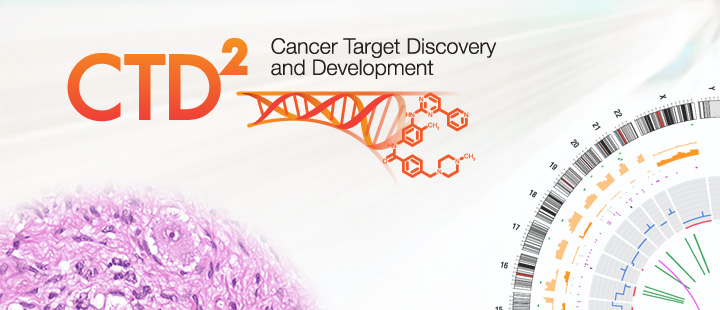Our group is part of the NCI Cancer Target Discovery and Development (CTD2) Network. Working collaboratively with the lab of Dr. Chris Kemp at the Fred Hutchinson Cancer Research Center, we are developing computational methods and tools that can be used to advance drug target identification and prediction of drug responses. The goal of the CTD2 Network is to understand how tumor heterogeneity leads to drug resistance in order to develop optimal combinations of chemotherapy or small molecules in combination with immunotherapy.
Cells are complex systems comprising networks of thousands of genes carrying out cellular functions. Various molecular measurements (genomics, transcriptomics, epigenomics) exhibit different patterns across diseases or sub-types of diseases, as large projects such as The Cancer Genome Atlas demonstrated. When subjected to drugs or other perturbations, cancer cells typically undergo stable state transitions that can be observed with such molecular data.
We are developing methods to use such cellular states, which can be derived from large functional screening datasets containing CRISPR, shRNA, siRNA, or drug screening data, for predicting drug responses and identifying drug targets.



 thorsson-shmulevich.isbscience.org/research/ctd2/
thorsson-shmulevich.isbscience.org/research/ctd2/